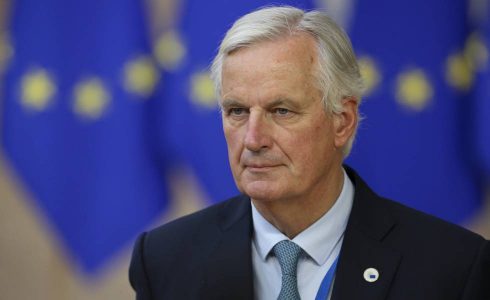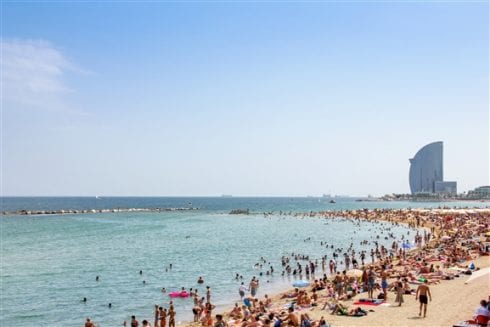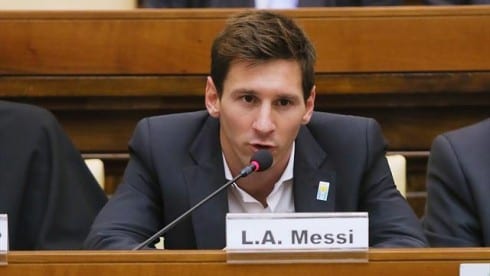EU ambassadors have been told that a trade deal with Britain is on the verge of being finalised.
But there remains a risk that there may still be a no-deal Brexit if the final few disagreements can’t be ironed out.
They were told by the European commission’s senior negotiator Ilze Juhansone that the majority of the 11 main negotiation issues have ‘joint legal texts with fewer and fewer outstanding points’.

The remaining points that need agreement will be negotiated largely online after Michel Barnier went into self isolation after an EU negotiator was found to have coronavirus.
The representatives of the EU’s 27 nations heard that the gap between the two sides is narrowing, with agreements on fishing rights and mutual standards to avoid unfair competition drawing closer.
The European commission president, Ursula von der Leyen struck a positive note, saying: “After difficult weeks with very, very slow progress now we have seen in the last days better progress, more movement on important files. This is good.
“Within the frame of the level playing field, progress, for example, has been made on the question of state aid, but there are still quite some metres to the finish line so there’s still a lot of work to do.
“Where the timelines are concerned, time pressure is high without any question at the moment.
“There’s a lot to work on, because there is now substance where you can go through line by line, word for word.
“The whole team is engaged and working tirelessly day and night to reach the natural deadline we have to be done by the end of the year.”
But although a deal is said to be close, there is still a possibility that a few contentious issues could lead to a hard Brexit.
The UK wants to be able to set its own environmental, labour and social standards without prior approval, which is proving a sticking point as the EU says it could lead to a lowering of standards, leading to lower prices and unfair competition.
Details for a resolution system for disputes are also being difficult to agree,
t is understood that the UK’s insistence that it needs to be able to set its own environmental, labour and social standards without any prior approval remains difficult, as does the definition of the current standards from which both sides say they will not regress.
The details of the treaty’s dispute resolution system is also proving hard to thrash out, with the UK wanting fisheries to be outside any sanctions regime.











